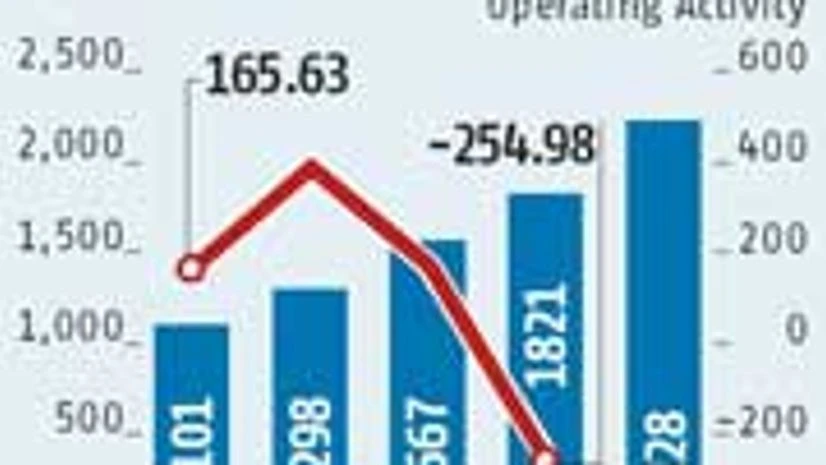Electrosteel Steels Ltd’s Chinese-made Bokaro project in Jharkhand was meant to be a case study for the country’s steel industry. But delays and cost overruns have marred the experiment somewhat, pushing the city-based company to restructure a debt of Rs 6,175 crore under the corporate debt restructuring (CDR) mechanism.
A consortium of 27 banks and financial institutions have supported the debt restructuring proposal, formally cleared by a CDR empowered group in a meeting held on June 24. Under CDR, banks typically increase the repayment period of loans to stressed borrowers, offer a moratorium and reduce lending rates.
The lenders have in-principle agreed to restructure the debt for a period of 10 years, including a moratorium of two-and-a-half years on principal and two years of interest payment. The lenders have also agreed on reduction in the rate of interest and structured debt repayment. The total debt funding for the Rs 11,000-crore integrated steel and ductile iron pipe project was Rs 6,800 crore.
“We have also requested for an additional Rs 1,100 crore required for completing the project, as well as Rs 200 crore for enhancing working capital margin,” Electrosteel executive director-finance Ashutosh Agarwal said. “Earlier, the company had applied for Rs 824 crore of capex (capital expenditure) loan, which was appraised by the lenders, but the disbursement did not happen due to expiry of the loan from some of the banks due to a delay in approvals from other banks.”
But what exactly went wrong? It’s a combination of factors, according to the company. Firstly, the unique selling proposition of the project, the China model, was hit by a change in the visa policy.
The project, for all practical purposes, could be said to be an import from China. At a time when the entire steel industry was dependent on German and Russian technology, Electrosteel made a contrarian move. The design and engineering were given to Chinese consulting and constructing firms, as were the construction, construction management and training contracts.
The rationale, according to Electrosteel, was that in terms of quality, the Chinese were at par with the Russians and the Germans, while cost-wise they was cheaper.
“The Chinese took about two months to mobilise skeleton expert teams to the site. But once construction picked speed and sufficient Chinese experts were at the site, the project implementation suffered a setback as issues with respect to Chinese visa surfaced,” Agarwal explained. “The government cancelled Chinese visas, and most of the Chinese personnel had to leave India by October 31, 2009, leading to an almost force majeure situation.”
If that wasn’t enough, there were protests from local villagers on various accounts, including cultural differences with the Chinese. Moreover, additional fund requirement, as appraised by the banks, got delayed by more than 15 months, adding to a further increase in interest and overheads. United Bank of India executive director Sanjay Arya said the delay in the implementation of the expansion plans of Electrosteel had done damage to the company, resulting in postponement in its debt restructuring. UBI's exposure to the company stood in the range of Rs 150-200 crore.

Electrosteel, however, is confident that on implementation of the CDR package within the time frame, the project would be completed. “Upon completion of the project, the company would be in a position to serve interest and installments on time to its lenders, since it is an integrated steel project,” Agarwal said.
Allahabad Bank Chairman and Managing Director S Panse said the bank was hopeful that the project would be back on track. The bank has an exposure of more than Rs 200 crore in Electrosteel. Its parent company, Electrosteel Castings, will supply coking coal and iron ore from its mines for the 2.5-million-tonne project at subsidised rates.
According to analysts, Electrosteel is expected to have meaningful commercial production from 2014-15, though at the moment construction is held up for want of funds. But once operational, a yearly cash generation of Rs 2,000 crore is expected at 100 per cent capacity.

)
